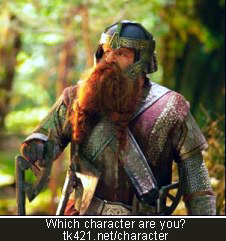All the teachers at our school are dicussing this spring two afternoons the week the concept of teaching. We listen to invited specialists, discuss in little groups and as the time goes on ideas seem to be cristallizing how we would like the school to be, the interaction, the learning, the teaching, the assessing. It gets more interesting every week. Many of the teachers are dissatisfied with the school as it is today and many brilliant ideas for changes are emerging.
In our special class we have tackeled this problem often: What is the most important thing for our students to learn in the timeframe that is given? Do they need to learn to handle money when they can use credit cards? Do we spent time teaching them to calculate when they can use a calculator? In the exams they don´t use calculators, somebody argues. Then, isn’t it time to change the examinations? When, in real life, do you have to translate without a dictionary? Should our children attend class to get them to interact with their peers or should we teach them how to interact with peers through stories in a safe environment? Everytime you do something with the children you set a question mark behind it. It can change yearly, weekly, daily. Luckily the opinions of the teachers differ. That makes it possible to go a rather safe middleway. What do children from today have to be able to do tomorrow? What do you know, maybe there will not be electricity tomorrow and they should learn to make a fire with a stick. Read Doris Lessing’s “Memoirs af a survivor” and you know what I mean.






1 Comments:
That is really difficult to answer. Always teach with your best interest at heart. Teach them so tehy can survive tomorrow. And I would love the read that book. can I borrow it?
Post a Comment
<< Home